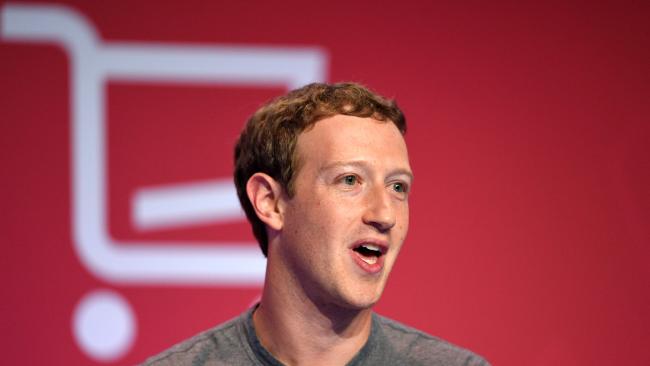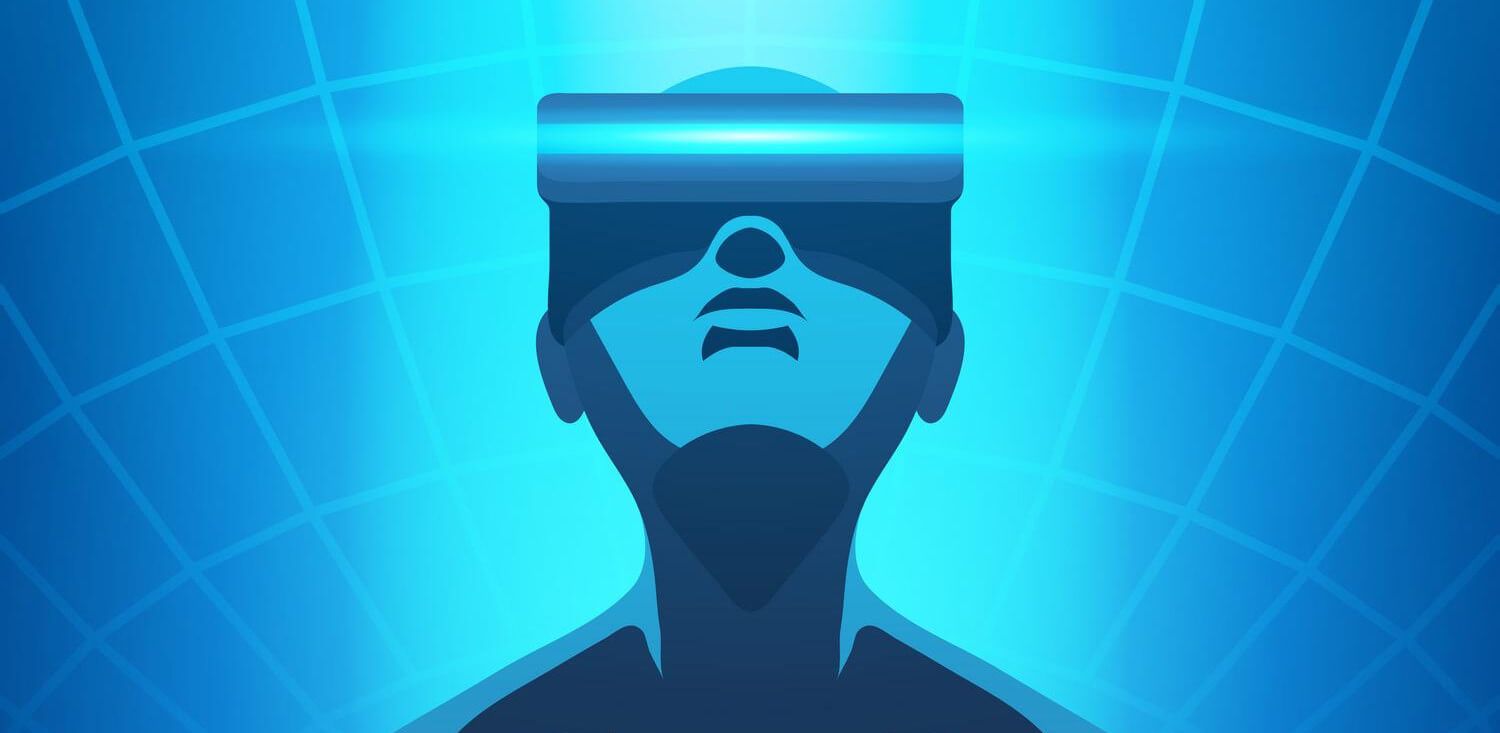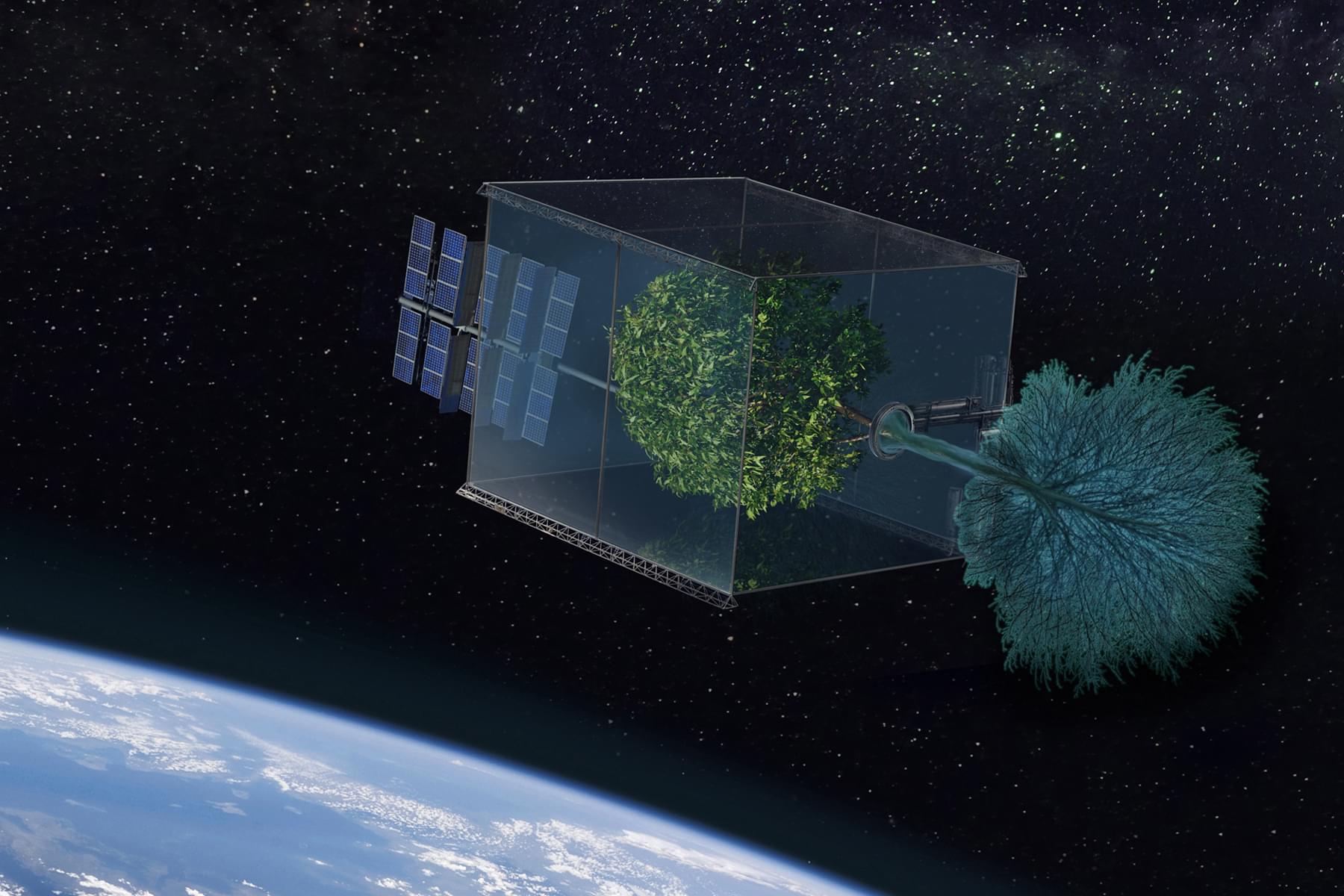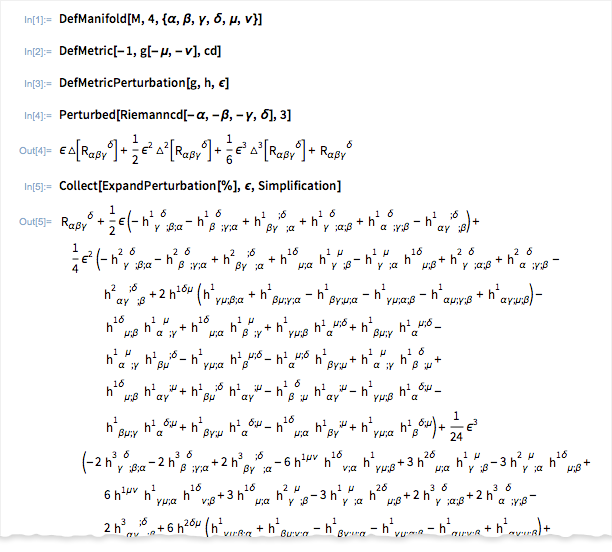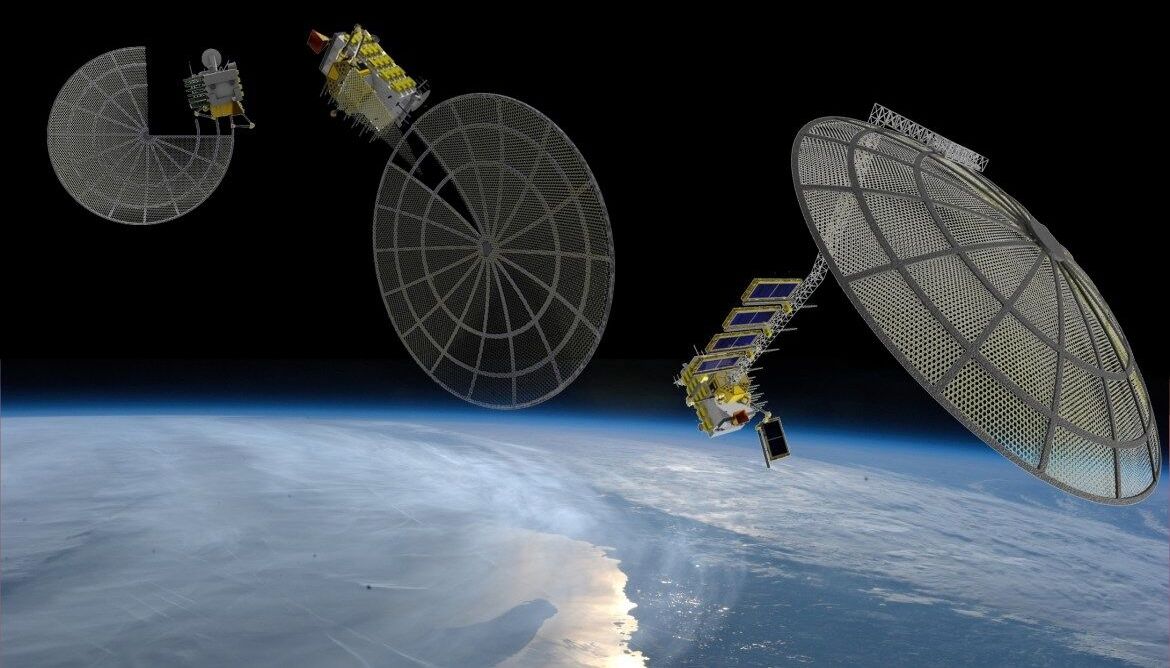Page 11385
Feb 23, 2016
MasterCard to Launch Selfie, Fingerprint ID in U.S. This Summer
Posted by Karen Hurst in categories: privacy, security
The biometric security methods for online transactions have been in trials by MasterCard since last July and are being expanded around the world.
MasterCard is planning to launch fingerprint and selfie biometric identification options for customers in the United States and in other parts of the world this summer as it finds that users are comfortable and confident with the technology.
The expansion of the program, which began last July as a trial project to see how consumers would respond to the use of selfies and fingerprints to replace passwords for their online purchases, was announced by the company on Feb. 22 in Amsterdam, where a larger testing project involving some 750 users over six months was also conducted.
Continue reading “MasterCard to Launch Selfie, Fingerprint ID in U.S. This Summer” »
Feb 23, 2016
Health care is about to get smarter: The artificial intelligence boom
Posted by Karen Hurst in categories: biotech/medical, health, robotics/AI
I still see AI as a supportive solution to handle more standardized operations still requiring oversight by people. As long as hacking exist the level of allowing systems to own and manage processes without people oversight is not going to happen until hacking is resolved.
It is predicted that the use of AI in health care will grow tenfold in the next five years, and not all of the medical applications will be for doctors. The technology is accelerating drug discovery, increasing compliance and even tracking changes in markers of ‘youthfulness,’ empowering people to better manage their own health.
Feb 23, 2016
Zuckerberg warns on mobile future
Posted by Karen Hurst in categories: internet, robotics/AI, virtual reality
Agree with Zuckerberg it’s a bad move on all tech fronts to ignore the developing countries and other less connected areas of 1st & 2nd world countries which is usually lower income areas. Also, VR & AR are going to be the experience that is going to be the platform where applications (including enterprise apps & platform services such as BI, etc.) are going to be and want to be in order to make the user experience and productivity more effective.
Facebook chief Mark Zuckerberg has warned the mobile industry not to ignore the unconnected, as he laid out plans use artificial intelligence to help bring remote parts of the world online.
The enigmatic CEO used a keynote speech at Mobile World Congress in Barcelona to express “disappointment” that the mobile industry was focused on areas like 5G rather than connecting those lacking in connectivity.
Feb 23, 2016
The Near Future of VR and AR: What You Need to Know
Posted by Karen Hurst in categories: augmented reality, internet, virtual reality
Like where VR is heading in the near future.
Unexpected convergent consequences…this is what happens when eight different exponential technologies all explode onto the scene at once.
This post (the third of seven) is a look at virtual and augmented reality. Future posts will look at other tech areas. And be sure to read the first two posts if you haven’t already:
Continue reading “The Near Future of VR and AR: What You Need to Know” »
Feb 23, 2016
Dx3 to Demonstrate How Artificial Intelligence Is the Future of Retail Innovations Like Pepper the Robot to Debut at Annual Tech Conference
Posted by Karen Hurst in categories: computing, robotics/AI
Still not sold on the whole robotics at this point; still not at the level where it needs from a multi-functional capability state plus still too jerky and most are more like a CPU on wheels.
TORONTO, ON –(Marketwired — February 23, 2016) — Astro Boy may be a fictional character, but Pepper the Robot is its real-world incarnation. Pepper – the world’s first humanoid robot – will join exhibitors like MasterCard, Fluid, Vizera and Eyris, as they interact with industry experts as part of The Retail Collective Lab, sponsored by MasterCard, at this year’s Dx3 Trade Show and Conference.
Feb 23, 2016
Can a tree grow in space?
Posted by Klaus Baldauf in categories: engineering, food, materials, satellites, space travel
Satellites and spacecraft are generally complex to build on the ground, expensive to launch and obsolete in a decade or less.
These objects end up floating in orbit around the planet contributing to the pollution surrounding the Earth. But what if there was an alternative?
That’s the question David Barnhart, director of USC’s Space Engineering Research Center and lead for the Space Systems and Technology group for the USC Information Sciences Institute, is contemplating. What if we could just “grow” spacecraft, repurpose a hybrid of inorganic and organic materials and even allow food to grow in space?
In celebration of the detection of gravitational waves, Stephen Wolfram looks forward and discusses what technology black holes could make possible.
Feb 23, 2016
NASA, Made in Space think big with Archinaut, a robotic 3D printing demo bound for ISS
Posted by Klaus Baldauf in categories: 3D printing, government, robotics/AI, space travel
MOFFETT FIELD, California — Within five years, companies could begin in-orbit manufacturing and assembly of communications satellite reflectors or other large structures, according to Made in Space, the Silicon Valley startup that sent the first 3D printer to the International Space Station in 2014.
As Made in Space prepares to send a second 3D printer into orbit, the company is beginning work with Northrop Grumman and Oceaneering Space Systems on Archinaut, an ambitious effort to build a 3D printer equipped with a robotic arm that the team plans to install in an external space station pod, under a two-year, $20 million NASA contract. The project will culminate in 2018 with an on-orbit demonstration of Archinaut’s ability to additively manufacture and assemble a large, complex structure, said Andrew Rush, Made in Space president.
NASA’s selected the Archinaut project, officially known as Versatile In-Space Robotic Precision Manufacturing and Assembly System, as part of its Tipping Points campaign, which funds demonstrations of space-related technologies on the verge of offering significant payoffs for government and commercial applications. Archinaut was one of three projects NASA selected in November that focus on robotic manufacturing and assembly of spacecraft and structures in orbit.
Feb 23, 2016
Most images of black holes are illustrations. Here’s what our telescopes actually capture
Posted by Sean Brazell in category: cosmology

Supermassive black holes are incredibly tiny. So small that we’ve never actually seen one.



